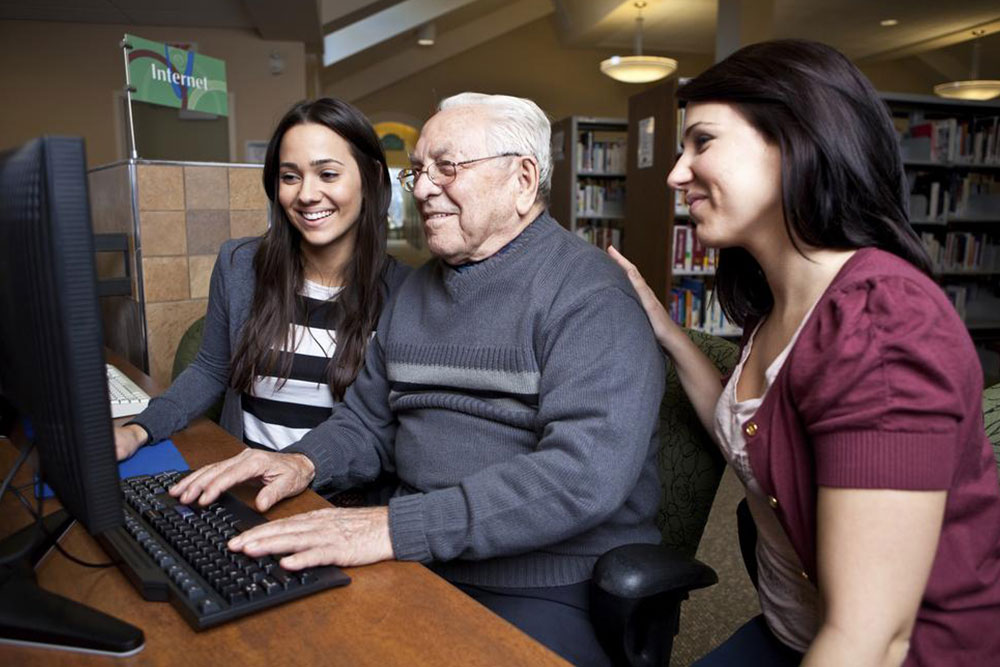How Senior Living Communities Support Active Social Engagement
Senior living communities play a vital role in helping older adults stay socially active and engaged. Through communal dining, organized activities, and fostering new friendships, these communities support a vibrant social life, promoting happiness and independence among residents. Participation is always optional, respecting individual choices. This environment encourages seniors to build lasting relationships and maintain a sense of purpose, enhancing their overall well-being and quality of life in their golden years.

How Senior Living Communities Support Active Social Engagement
As people age, venturing outside the home and maintaining a regular routine can become more challenging. This often leads to reduced participation in favorite social activities, increasing the risk of loneliness, especially for those living alone. Senior living communities—whether independent or assisted—offer a supportive environment that encourages active lifestyles and social connections. These communities provide various opportunities for residents to stay engaged and develop meaningful relationships. Here’s how they foster social vitality:
Shared Dining Experiences
Eating together may seem simple, but it plays a crucial role in forming social bonds. Senior living establishments often feature communal dining areas where residents can connect, chat, and enjoy meals together, promoting everyday social interaction and camaraderie.
Organized Group Activities
These communities employ staff to coordinate engaging activities, ranging from local excursions to museums to interactive events within the premises. Such programs ensure residents have opportunities to stay active and meet others in a lively setting.
These initiatives allow seniors to socialize in a relaxed environment, fostering new friendships and enhancing overall well-being.
Developing Lasting Relationships
After settling in, residents establish routines that often involve familiar faces among staff and neighbors. Over time, these interactions blossom into close friendships, which contribute significantly to a joyful and fulfilling life.
Encouraging Personal Autonomy
Maintaining independence is vital. Participation in community activities is entirely optional—residents choose whether to join or decline. Staff members encourage involvement, but ultimately, engagement remains a matter of personal preference, respecting each individual's comfort level.
Note:
Our blog provides diverse insights and practical information across various topics. While our research aims to be accurate and helpful, readers should view the content as guidance rather than definitive. We cannot be responsible for discrepancies or updates in data from other sources. Additionally, some offers or schemes may not be covered on our site that could benefit readers more.










